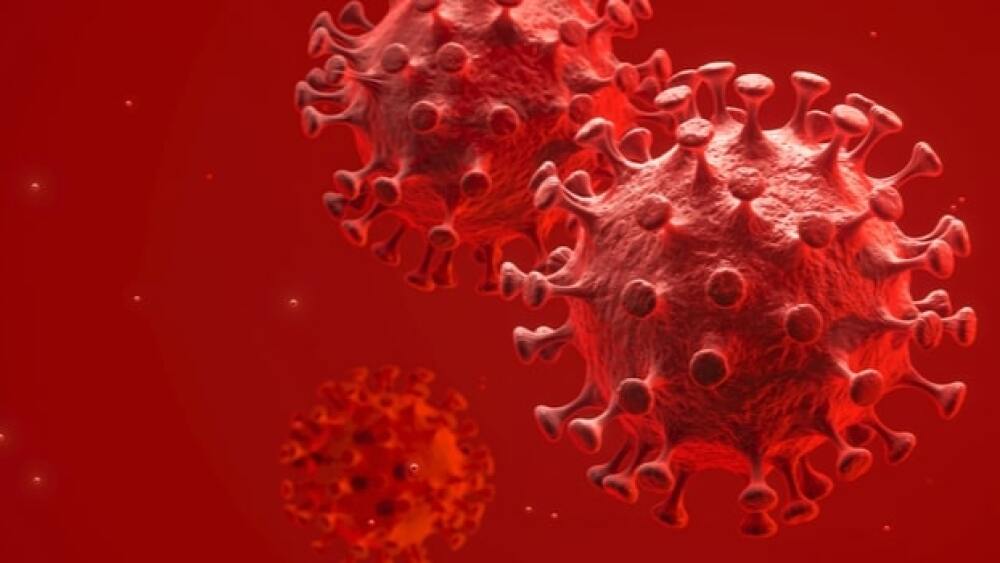Vaxart announced new data from its Hamster Challenge Study today, showing that its oral COVID-19 vaccine candidate can potentially reduce viral load and induce a significant immune response.
Vaxart announced new data from its Hamster Challenge Study today, showing that its oral COVID-19 vaccine candidate can potentially reduce viral load and induce a significant immune response.
The trial was designed to evaluate Vaxart’s recombinant adenoviral vaccine, with doses administered at 0 and 4 weeks. The animals that were a part of the study were subjected to SARS-CoV-2 at Week 8. All hamsters that received two oral doses of the company’s COVID-19 vaccine candidate showed no systemic weight loss, which is a key indicator of protection against COVID-19 in this animal model. Unvaccinated hamsters lost approximately 9% of total weight, in contrast.
In addition, the unvaccinated group had more than two times the relative lung weight of orally vaccinated hamsters, which is a sensitive indicator of serious disease that correlates with the viral load findings.
“These additional data provide further evidence supporting the efficacy potential of our oral COVID-19 vaccine candidate,” said Andrei Floroiu, chief executive officer of Vaxart. “In addition, we believe that our room-temperature-stable oral tablet vaccine would be a more convenient, more practical solution to the COVID-19 pandemic as compared to cold-chain dependent injectable vaccines.”
That being said, there is still an abundance of research being conducted to develop injectable vaccines to prevent COVID-19 infections. Pfizer and BioNTech announced on Nov. 9 that their mRNA-based vaccine candidate, BNT162b2, against SARS-CoV-2 has shown efficacy against the virus in participants without prior evidence of a SARS-CoV-2 infection.
This information was based on the first interim efficacy analysis conducted on Nov. 8 by an external, independent Data Monitoring Committee (DMC) that looked into the companies’ Phase III clinical study. The trial began on July 27 and has enrolled more than 43,000 participants to date. Enrollment is continuing, with more subjects expected to join the trial through the final analysis when a total of 164 confirmed COVID-19 cases have accrued.
“The first interim analysis of our global Phase III study provides evidence that a vaccine may effectively prevent COVID-19. This is a victory for innovation, science and a global collaborative effort,” said Prof. Ugur Sahin, BioNTech co-founder and CEO. “When we embarked on this journey 10 months ago this is what we aspired to achieve. Especially today, while we are all in the midst of a second wave and many of us in lockdown, we appreciate even more how important this milestone is on our path towards ending this pandemic and for all of us to regain a sense of normality.”
Scientists at the National Institute of Allergy and Infectious Diseases (NIAID) and Moderna, along with collaborators from the University of North Carolina at Chapel Hill, Vanderbilt University Medical Center in Nashville, and the University of Texas at Austin, have also made progress on an investigational COVID-19 vaccine, mRNA-1273, by specifically examining its potential in mice.
In August, the researchers revealed that their product induced neutralizing antibodies in mice when given as two intramuscular injections of a 1-microgram (mcg) dose three weeks apart. Additional experiments found that mice given two injections of the 1-mcg dose and later subjected to SARS-CoV-2 virus either five or 13 weeks after the second injection were protected from viral replication in the lungs and nose. More importantly, mice that were subjected to the disease at the Week 7 mark after only a single dose were also protected.
To date, there have been more than 10 million cases of COVID-19 reported in the U.S. alone, according to the U.S. Centers for Disease Control and Prevention.





